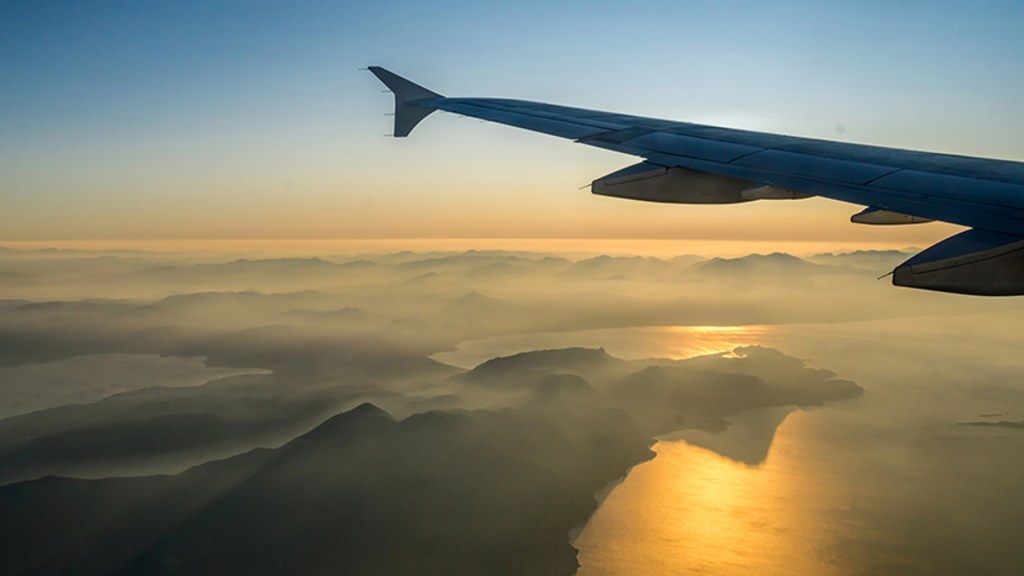In March, Global Britain signed a new, post-Brexit trade deal with Kenya. This was a welcome agreement for my homeland, where the pandemic has caused tremendous economic suffering, but where comparatively few deaths have occurred among the fit, young population. Weeks later, on April 9, the UK condemned its former colony to the red list of countries. Non-citizens were banned from traveling to the UK from Kenya, while returning UK passport holders faced a £1,750 ($2,400), 10-day incarceration in a quarantine hotel.
Such extreme measures were imposed on the excuse that a ‘significant’ number of passengers arriving from Nairobi tested positive for a variant of concern. It appears that in fact, 17 out of 2,993 passengers from Kenya in the six weeks prior to the ban had this variant. Kenya’s government, rightly furious at the injustice, responded by imposing similar restrictive measures against Britons traveling to Kenya, including UK passport holders resident in this country. All direct flights were suspended.
Around 25,000 British passport holders live in Kenya. UK companies are among the top investors and taxpayers here. Nearly 140,000 British tourists visit Kenya annually, adoring the country for its safaris and beaches, maintaining links that are built on decades of family history and a recognition that this is truly among the most wonderful places in the world. The collapse of tourism in the past 18 months has pushed nearly two million people out of work and, without safari money to fund wildlife conservation, there are terrible consequences for pristine wilderness and the rare species we all wish to rescue from extinction.
Suddenly, UK residents in Kenya faced separation from loved ones stranded overseas. This included thousands of children at schools in the old country, plus of course many Kenyans wanting to travel for business and education.
Britain’s post-Brexit diplomacy is now entrusted to the Foreign, Commonwealth & Development Office, or FCDO — known as ‘FuCkDO’ among its own diplomats in Nairobi. Their attitude toward their own citizens living in Kenya is often either dismissive or resentful. As civil servants they distrust private businesspeople, as diplomatic panjandrums they regard ordinary Brits as a pesky interference — always dying, landing in trouble or getting robbed. Despite the fact that most Kenya-based Britons are not even white, they also tend to regard them as post-colonials who are having too much of a good time in the Tropics. Little has changed since the 1940s when, as James Fox in White Mischief explains, the English suffering Dunkirk and the Blitz saw Kenya as this paradise, where ‘there was a suspicion of the colonies at home [liable to touch] off a tinderbox of resentment’.
Unsurprisingly, the FCDO had no interest in Kenya’s foreign ministry relaxing the restrictions. All the UK Consular section did was update the gov.uk website by copying and pasting statements released by Kenya’s state corporation in charge of civil aviation. The language in these advisories was confusing because the original authors’ first tongue was not English — and the British diplomats apparently did nothing to seek clarity for the benefit of their own people. In response to distressed parents’ questions, the consul sternly advised against any travel by unaccompanied minors. It seemed British children and others stranded in the UK would be marooned for the summer, separated from families. And this, despite the fact that most Britons in Kenya are longterm residents. They have made their homes here, invested all they have here, though they might choose to school their children back in the old country because, like many Kenyans, they realize it still provides a top-quality education. Despite their passports, they may own no houses in the UK, nor have any surviving relatives there, or friends on whom they can land their children for several months at a stretch.
Oh, perfidious Albion!
Unlikely salvation came from a WhatsApp group of mothers whose children attend school in the UK. As the summer holidays approached, a frenzy of texts circulated about what could be done to bring the kids home. Before you dismiss them as a blowsy bunch of memsahibs drinking white wine with cigarettes in the highland sunshine — remember Kipling said: ‘When the early Jesuit fathers preached to Hurons and Choctaws, / They prayed to be delivered from the vengeance of the squaws —’
These WhatsApp mums knew other mums who were evidently Kenyan VIPs, some of them with children castaway in England. An issue the FCDO disregarded, or saw as stickier than the Middle East, was finessed within hours by mothers on all sides and, miraculously, what I’ll call the Lollipop Airlift was agreed. Kenya relaxed restrictions on British travelers enough to allow them back into the country, returning families and tourists alike. What a kind and rational decision by Nairobi, sadly not yet reciprocated by the UK, which maintains this hypochondriac red listing against Kenya and many other sorely needed friends across the world — and especially in Africa.
This article was originally published in The Spectator’s September 2021 World edition.





















